Cataloging-in-Publication data available from the Library of Congress.
ISBN 978-0-8262-1943-5
For Helen L. Potts and in memory of Ronald F. Potts
PREFACE
Anthony Bradley's Pastoral in Modern Irish Poetry and Sidney Burris's The Poetry of Resistance: Seamus Heaney and the Pastoral Tradition (1990) inspired me to reconsider the relationship of Heaney and, eventually, other contemporary Irish poets to the pastoral tradition. Bradley divides Irish poets into two groups: those of the Irish literary revival who lacked direct experience of the land, much less an understanding of the people who worked on it; and those post-revivalists such as Patrick Kavanagh, whose firsthand experience of the land made them resist idealizing either the land or those who labored on it. Having loved and respected Virgil's Georgics and the poetic tradition that grew out of it, with its emphasis on the land as the site of labor rather than of leisure, and having been raised in southwest Missouri, where my family farmed a couple of acres, I had an affinity for the georgic, or anti-pastoral tradition of the post-revivalists. Although I studied Yeats in college, Seamus Heaney, with his rural County Derry upbringing and his subsequently less romanticized view of country life, was the first Irish poet who really spoke to me. As I began to consider how contemporary Irish poets employed the pastoral tradition in their own work, Bradley's and Burris's postcolonial approach formed the basis for my own. Yet I could not ignore a number of other forces that have obviously contributed to and shaped contemporary Irish poets' particular versions of pastoral. Pastoral poetry since Kavanagh has served not only as postcolonial critique of British imperialism but also as a response to industrialization, modernity, the commodification of landscape, and gendered representations of Ireland and their political and social repercussions. In the latter half of the twentieth century, Irish cultural nationalism was reformulated and to some extent transformed by the environmental movement.
As Glen Love explains in Et in Arcadia Ego: Pastoral Meets Ecocriticism, our growing awareness of profound threats to the environment has thrown the study of pastoral open to new interpretation.
Although there have been many examinations of the pastoral tradition in contemporary American poetry, when I first began my research, I could find no similarly extensive studies in Irish poetry. Since then, Oona Frawley's Irish Pastoral: Nostalgia and Twentieth-Century Irish Literature (2005) has been published, and while it provides an invaluable overview of representations of naturefrom early Irish poetry to the anticolonial pastoral of Yeats and the anti-pastoral of Kavanaghessential for a more complete understanding of the influences on contemporary Irish poets, the only contemporary poets it examines are Boland and Heaney. Frawley's study, by providing a framework for my own, permitted me to devote more time to contemporary poets, as well as explore more freely the range of uses of pastoral than I could have otherwise.
I am grateful to the American Conference for Irish Studies, the International Association for the Study of Irish Literature, and the Association for the Study of Literature and the Environment for providing venues as well as inspiration and ideas for my research in its early stages. Its members provided helpful insights, opportunities to present conference papers and receive feedback on them, as well as the means by which to meet many of the poets in the study. At both the 1994 ACIS and the 1998 Irish Women Writers' Conference in Dublin, I had the opportunity to hear Nuala N Dhomhnaill read from her work. My thanks as well to ASLE member Richard Kerridge and ACIS members Jody Allen-Randolph, Andrew Auge, Christine Cusick, Joan Dean, David Gardiner, Kathryn Kirkpatrick, Jack Morgan, Jim Rogers, Mary Ann Ryan, and Eamonn Wall for their support, advice, and, in some cases, their research on the Irish poets in this study. At the National University of Ireland, where I spent a Fulbright year and later a sabbatical, Kevin Barry, Nicholas Canny, Hubert McDermott, and Riana O'Dwyer were very gracious in providing me office space and facilitating my research in whatever way they could. In my own department at Kansas State University, LeeBehlman, Linda Brigham, Tim Dayton, Elizabeth Dodd, Michael Donnelly, Erica Hateley, George Keiser, Marcella Reekie, Larry Rodgers, Kim Smith, and Naomi Wood all took the time to answer my questions, provide insights, and/or read various sections of my book and offer useful ideas. Margaret Burton, Kyle Semmel, Kristine Kimmi, and Kimberly Carlson served as research assistants at various stages, and Burton's reading of Heaney's elegy influenced my own approach. Thanks to Mary Siegle, our department secretary, whose good cheer, helpfulness, and commitment to and interest in the research of faculty members was a constant inspiration. As I considered ways in which the poetry in this study constituted post-pastoral, students in my spring 2009 class Contemporary Irish Poetry and Environmentalism asked thoughtful questions and made helpful observations that greatly contributed to my revision of the manuscript. KSU's USRG and FDA awards also permitted me to conduct more extensive research and interviews in Ireland as well as in the United States. Sean Fox, an Irishman in agricultural economics at Kansas State University, and Colin McCallum, a Scot living in Ballygawley, answered my specific questions about the landscape that inspired the poets. My thanks to Seamus Heaney, Michael Longley, Medbh McGuckian, and John Montague for their willingness to answer my questions about their work, whether by email or in person.
Early versions of parts of these chapters have appeared in the journals Notes on Irish Literature, New Hibernia Review, and An Sionnach, as well as in Out of the Earth: Ecocritical Readings of Irish Texts. I'm thankful to editors like Jim Rogers, Thomas Dillon Redshaw, David Gardiner, and Cristine Cusick for their support and suggestions, as well as their commitment to helping my ideas find their way into print. I'm grateful to Dan Hornsby for his support and enthusiasm near the bitter end; he sweetened it considerably. Finally, I'm thankful to my family, Richard, Cecilia, Isabella, and especially Chuck, for believing in me and helping me find the time and motivation to complete my work.
INTRODUCTION
The source of pastoral poetry can be traced to the boukolika (ox-herding poems) of the mid-third-century BC poet Theocritus of Syracuse. For Theocritus, bucolic poetry involved the exchange of song, often in a song contest, between herders, whether of oxen, sheep, cows, or goats. Writing in response to increasing urbanization of life and the consequent longing for the simplicity of rural life, Theocritus depicted the Sicily of his carefree childhood from the perspective of the overwrought civilization of the Alexandria of Ptolemy II Philadelphus.

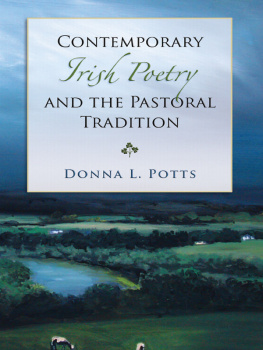
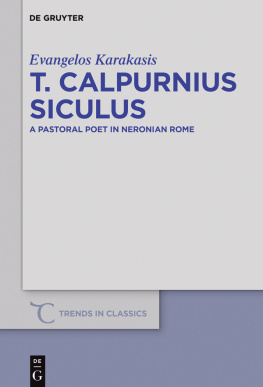

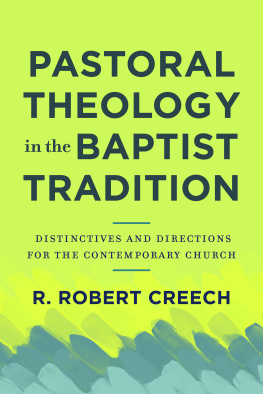

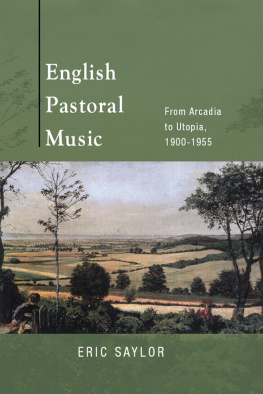
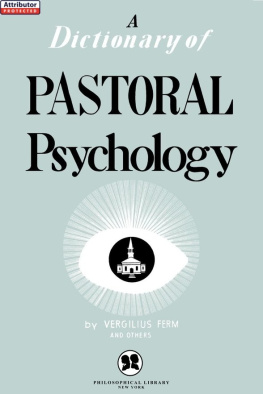
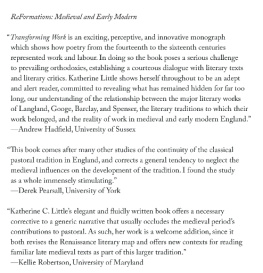
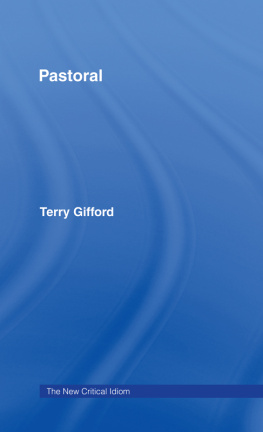
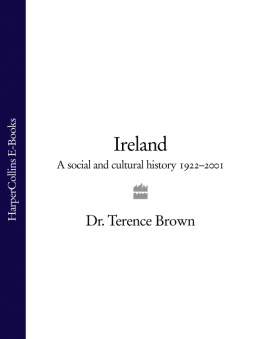

 This paper meets the requirements of the American National Standard for Permanence of Paper for Printed Library Materials, Z39.48, 1984.
This paper meets the requirements of the American National Standard for Permanence of Paper for Printed Library Materials, Z39.48, 1984.